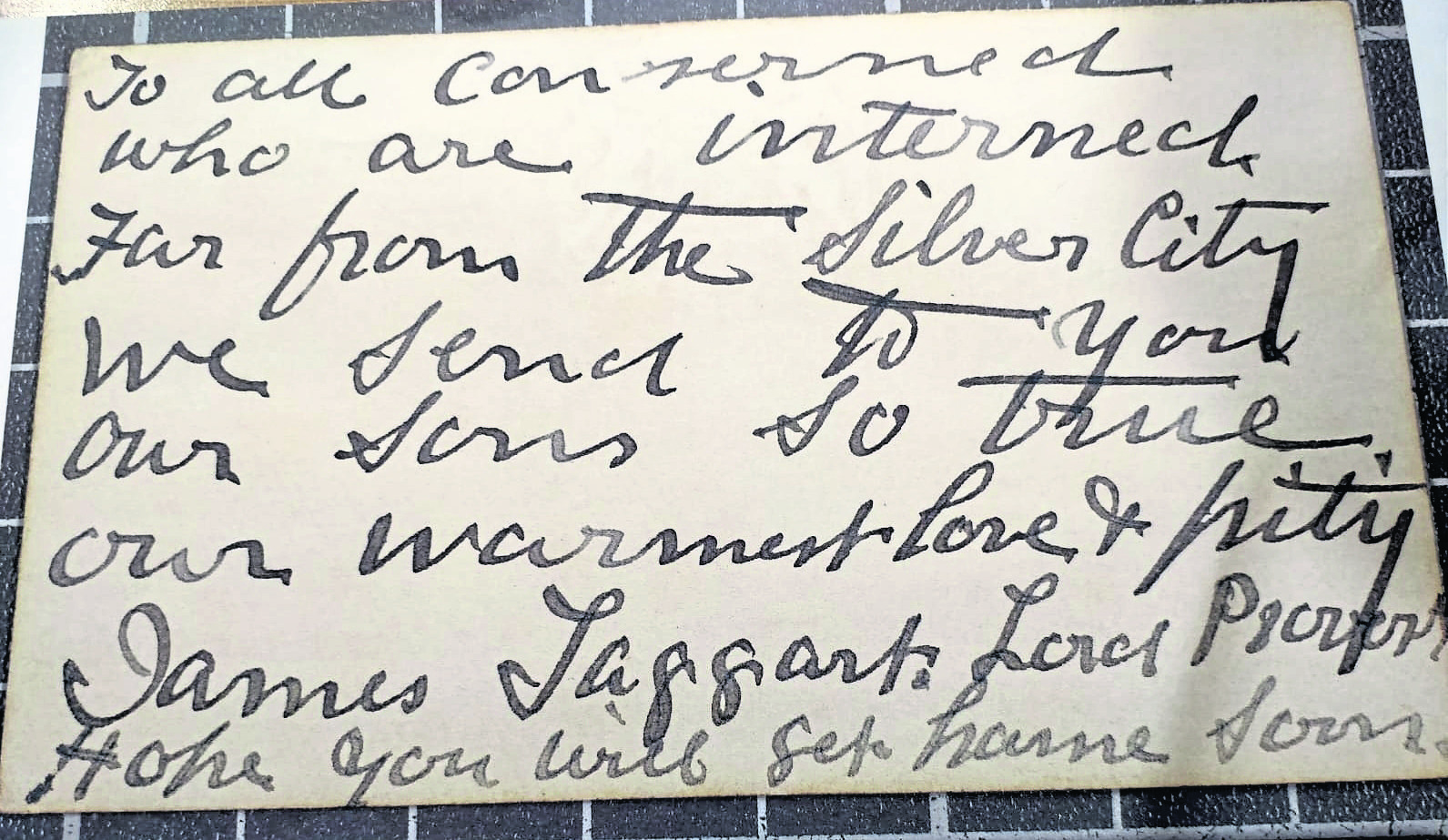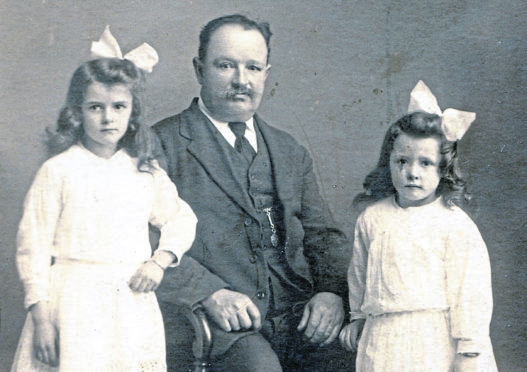When Britain declared war on Germany on August 4, 1914, many Scots missed the last opportunity to flee the country before its borders closed.
Among those who became the enemy overnight were the crew of the Aberdeen ship Rubislaw, which had sailed into the German port of Hamburg days before the outbreak of the conflict.
They were to spend the entirety of the First World War in a prisoner of war camp, interred alongside around 4,500 or so other unfortunate souls in the heart of Germany.
Now the tale of the unfortunate sea-faring Aberdonians has been brought back to life in a new book, A Crew that Time Forgot: Rubislaw to Ruhleben.
The camp the 18-strong crew – and about 32 other Aberdonians – found themselves interred in was in fact part of a well-known racecourse frequented by Berlin’s pre-war elite.
Ruhleben’s stables were cleared of horses, however, to make space for the prisoners. Little else was done to accommodate them as they took up residence within the horse boxes, hay lots and amidst the dung.

The book, co-authored by Margie Mellis and Doreen Black, narrates the story of the ship, the crew, and their families at home and describes how the different characters coped with their imprisonment.
It also highlights how they formed various groups and eventually transformed the barren landscape into flourishing gardens.
And there is evidence, both in words and pictures, of how their plight was felt by their fellow Aberdonians.
This was summed up in a reply sent by the then Lord Provost of Aberdeen, James Taggart, to a postcard despatched from the camp in 1914 in which the captives wished everyone in the city a happy and prosperous New Year.
Written in the Lord Provost’s own hand, the return message read:
To all concerned
Who are interned
Far from the Silver City
We send to you
Our sons so true
Our warmest love and pity
Both of the authors had relatives who were interned in Ruhleben and were determined to bring the story of the Rubislaw and its crew back to life.
Mrs Mellis said: “We would really love to hear from anyone who has any connection with a member of the crew of the Rubislaw, or with any of the Aberdonians in the camp.
“My great-grandfather, Charles Wilson, was a ship’s steward and he was only on the vessel because somebody else had either been dismissed or not turned up.
“It was pure chance – or bad luck – that he was among those who ended up in the camp. But we discovered so many of these things while we were working together.
“We hope the book will jog some memories and remind people about a chapter of the war, which many people know nothing about.”
Mrs Black, whose grandfather, David Tulloch, was a prisoner, added: “When I helped my grandpa in his beautiful garden as a wee girl, I never imagined that his love and knowledge of gardening had been gained as a prisoner in the First World War.
“It has been fascinating to find out so much about the background.”
The book is published by the Leopard Press and is due out in October, priced £9.99.
